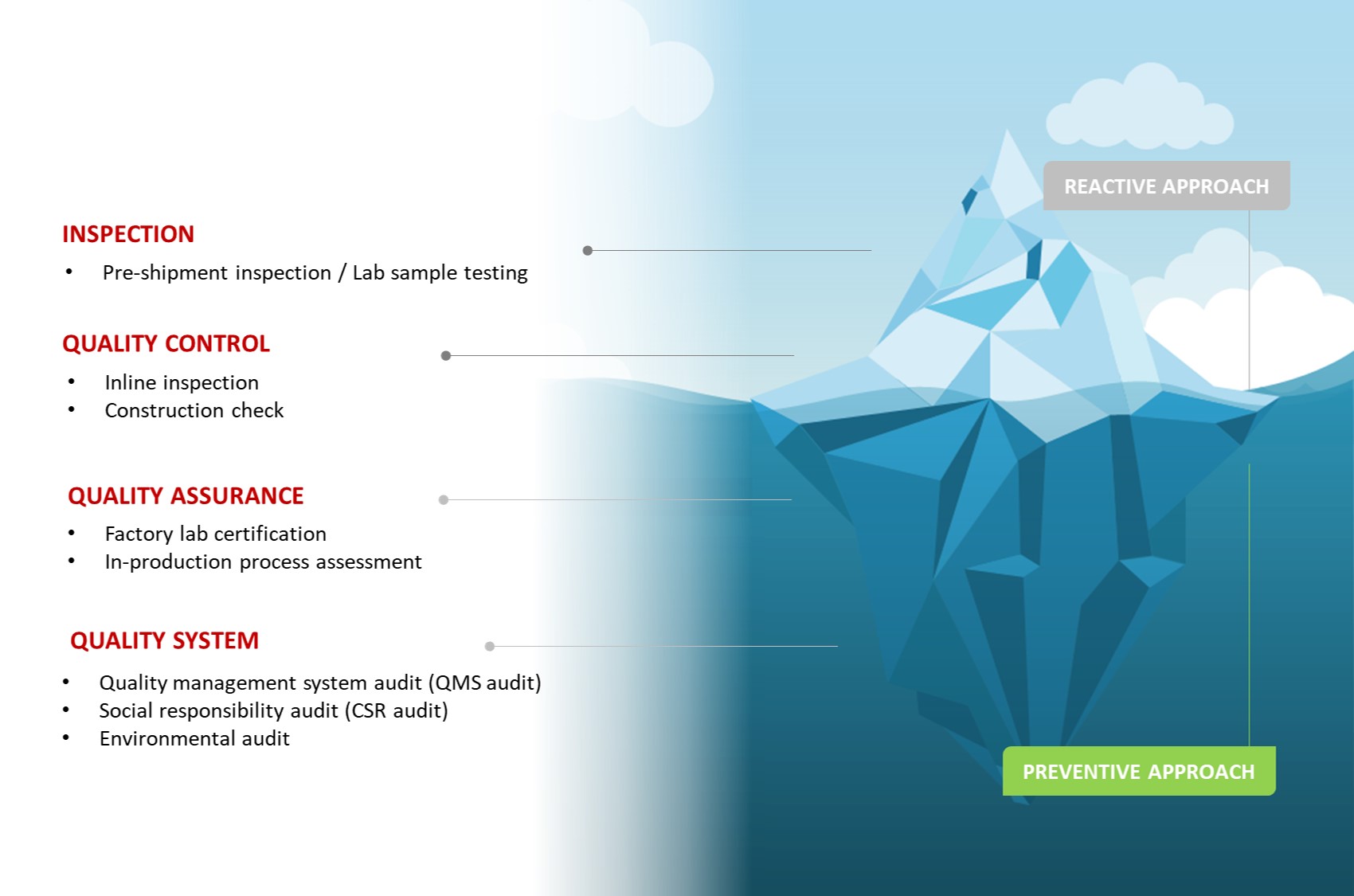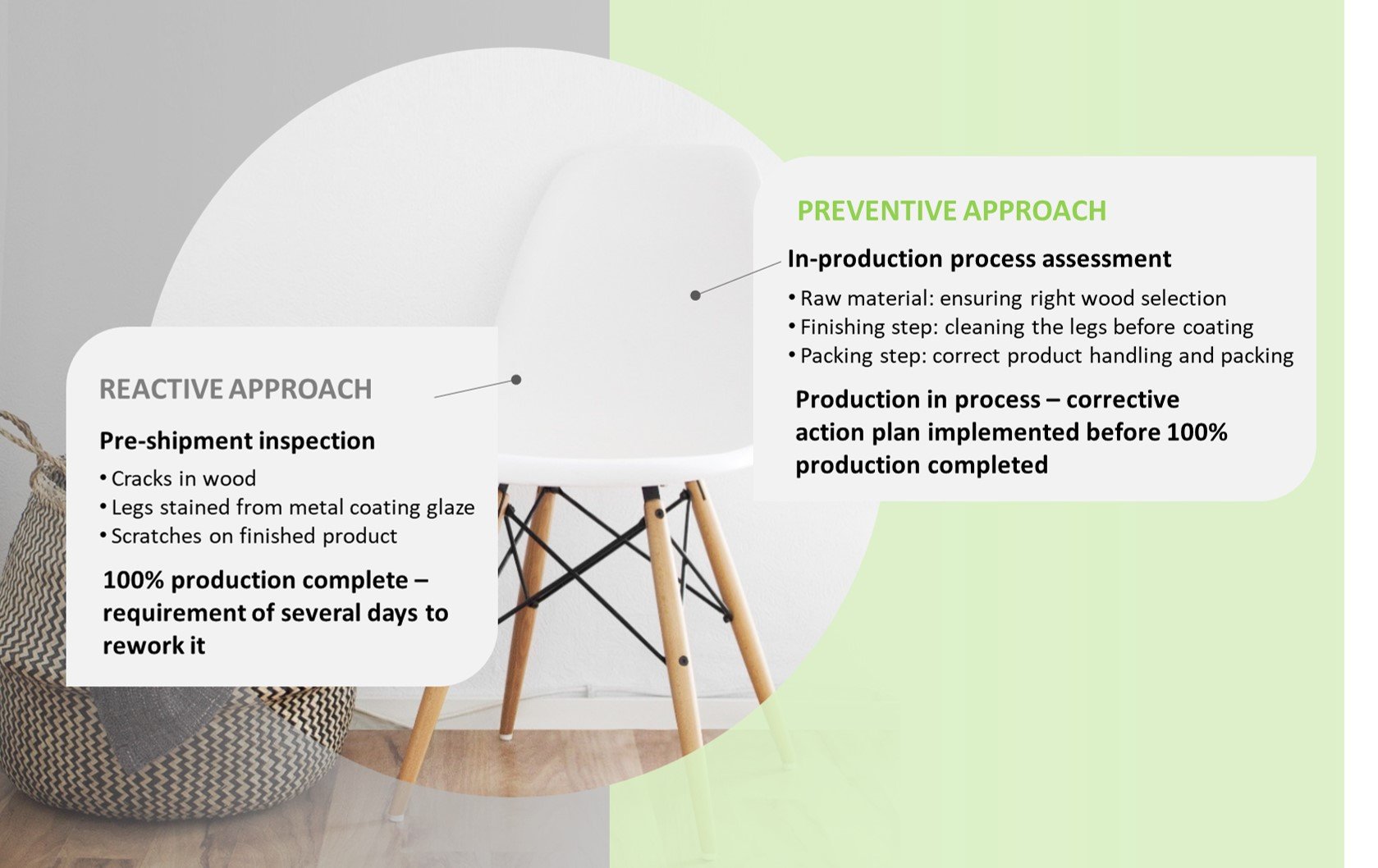API is one of the leading Sustainable Apparel Coalition (SAC) approved verifier and trainer bodies and has been conducting both onsite and offsite verifications (General and Chemical Specialist Verifications) in many countries in Asia and Europe.
Within the context of the current pandemic and its restriction on travel, API is offering Higg Index offsite verifications to facilitate the evaluation of the environmental and social performance of manufacturers and facilities and support them in continuing their path towards a more sustainable supply chain.
Although there are limitations to an offsite verification, all facility types and questions at all achievement levels (including Level 2 & 3 Chemicals) can be verified offsite provided that qualified verifiers are used, including chemical specialists where applicable.
We put our solid expertise in Higg Index at the service of our clients and their factories to ensure the adequate development of a verification remotely.
Please contact us (sustainability@api-hk.com) to discuss your Higg Index Verifications further.












